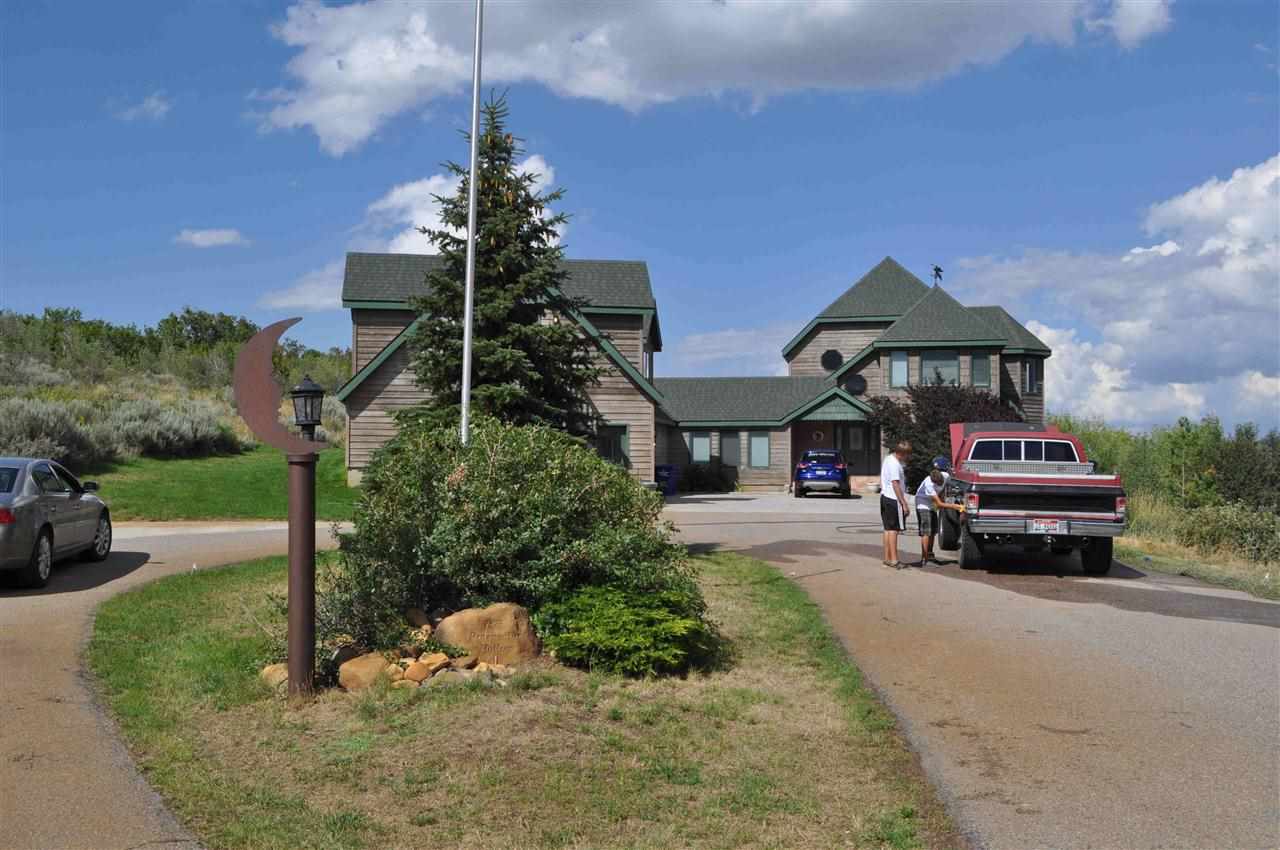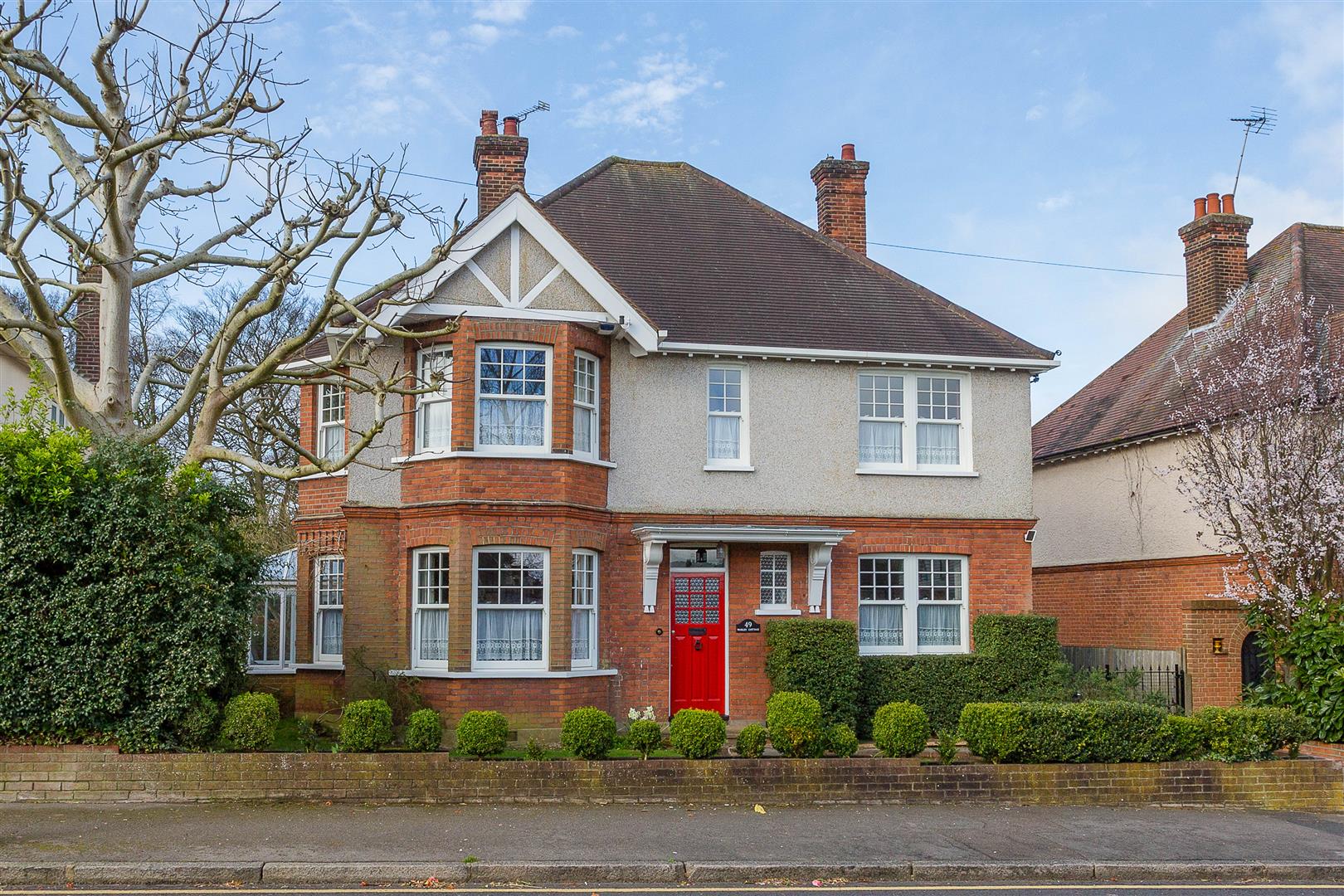Planning permission – two words that pretty well define what it means to be a necessary evil. From large scale contractors to everyday home owners looking to improve their back gardens, planning permission is 100% necessary for pretty much every building job and 100% resented by those who must apply for it. It costs money, it takes time, it interferes with your schedule and then of course there’s that unfortunate chance that you may be turned down.
Still, the good news is that for those applying for planning permission for any given purpose, there are always means by which chances of success can be increased considerably. Experienced experts like the team at Albright Dene are constantly advising members of the public and those in commercial capacities alike on how exactly to go about the process in order to stand not only the highest chance of being successful, but also the fastest possible turnaround.
Here’s a quick look at a few key tips for those looking to make a planning permission application in the near future:
1 – Study Hard
First of all, the fact that you currently know very little about planning commission means the very first thing you should do is undertake a little study process. Along with looking into the specifics of the subject in general, it will undoubtedly work in your favour to check through local government records in order to find out what kinds of planning permission applications have been successfully accepted and refused over recent years. Some local councils will naturally favour certain types of proposals of others just as the area you are in will undoubtedly impact what you can and can’t do, along with how difficult it may be to gain permission. These records are freely available for all members of the public to look at, so it’s worth doing so.
2 – Learn the Language
When it comes to your actual application itself, it’s worth remembering that it is in your best interests to come across as if you know what you are talking about – even if this isn’t entirely accurate. One way of doing this is to spend a little time learning the kind of standard jargon and buzzwords used by those involved in planning permission applications, just to show them that you are not an outside amateur and that you are familiar with the subject. What’s more, when and where you get your reply there’s a good chance it will feature some of this jargon, so it’s in your best interests to learn a bit of it anyway.
3 – Accuracy Is Crucial
In order to improve your application’s chances and at the same time speed things up, be extremely careful when it comes to accuracy and the specifics of your proposal. The simple fact of the matter is that when you are dealing with planning commissions, you are dealing with something where grey areas are wholly unacceptable and a few inches one way or the other can make the difference between permission being granted or refused. As such, instead of just telling them you intend to build a large exterior building, let them know the exact size of the building, the materials you intend to use and precisely where you intend to position it.
4 – Tell it Like it Is
Under no circumstances fall foul of the temptation to either lie on your application or include anything misleading. The reason being that while it’s perfectly possible that a few untruths may help you receive what you need, you will effectively be breaking the law not only by applying for the permission, but also by going ahead with the build. Sooner or later you will be found out, at which point not only will you be in a hell of a lot of trouble, but you’ll also be required to destroy and dispose of whatever it was you built out of your own pockets.
5 – Speak to Those Involved
A quick point but important nonetheless, always be sure to speak to your neighbours prior to going about any planning permission application as any objections whatsoever from those in the vicinity could seriously hamper your chances. It’s always better to let them know what you are planning on doing and to address any concerns before getting started to.
6 – Speak to the Pros
And finally, if you are really serious about getting planning permission and would prefer the smoothest possible process, there’s much to be said for getting in touch with the professionals who live and breathes planning permission application advice day in and day out. Suffice to say that if what you are looking to build is important to you, this small investment in professional advice can be worth its weight in gold.



